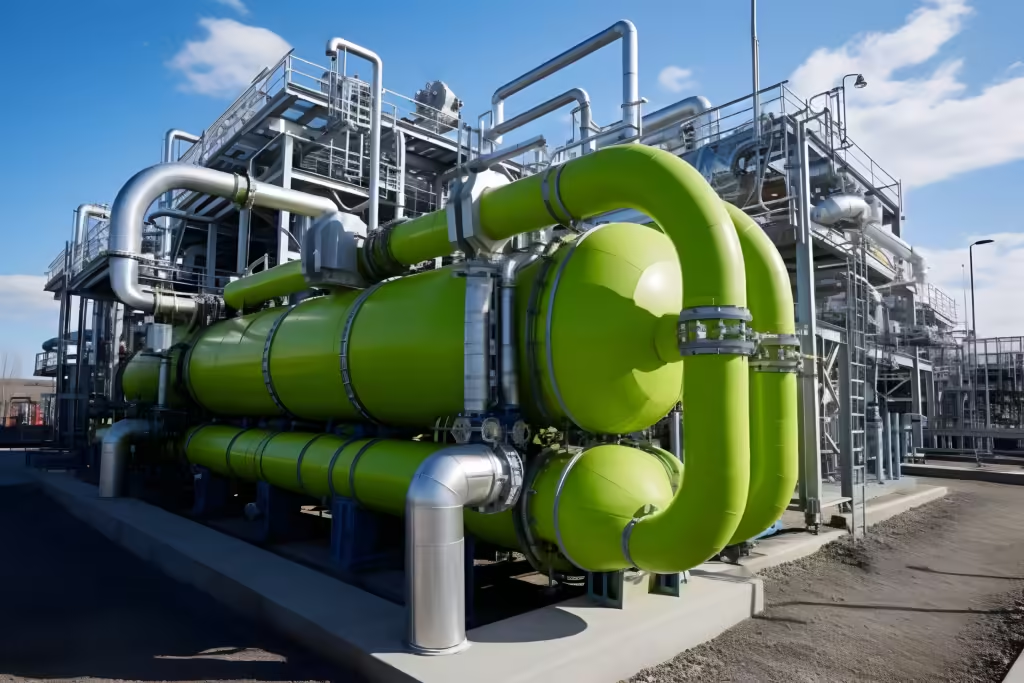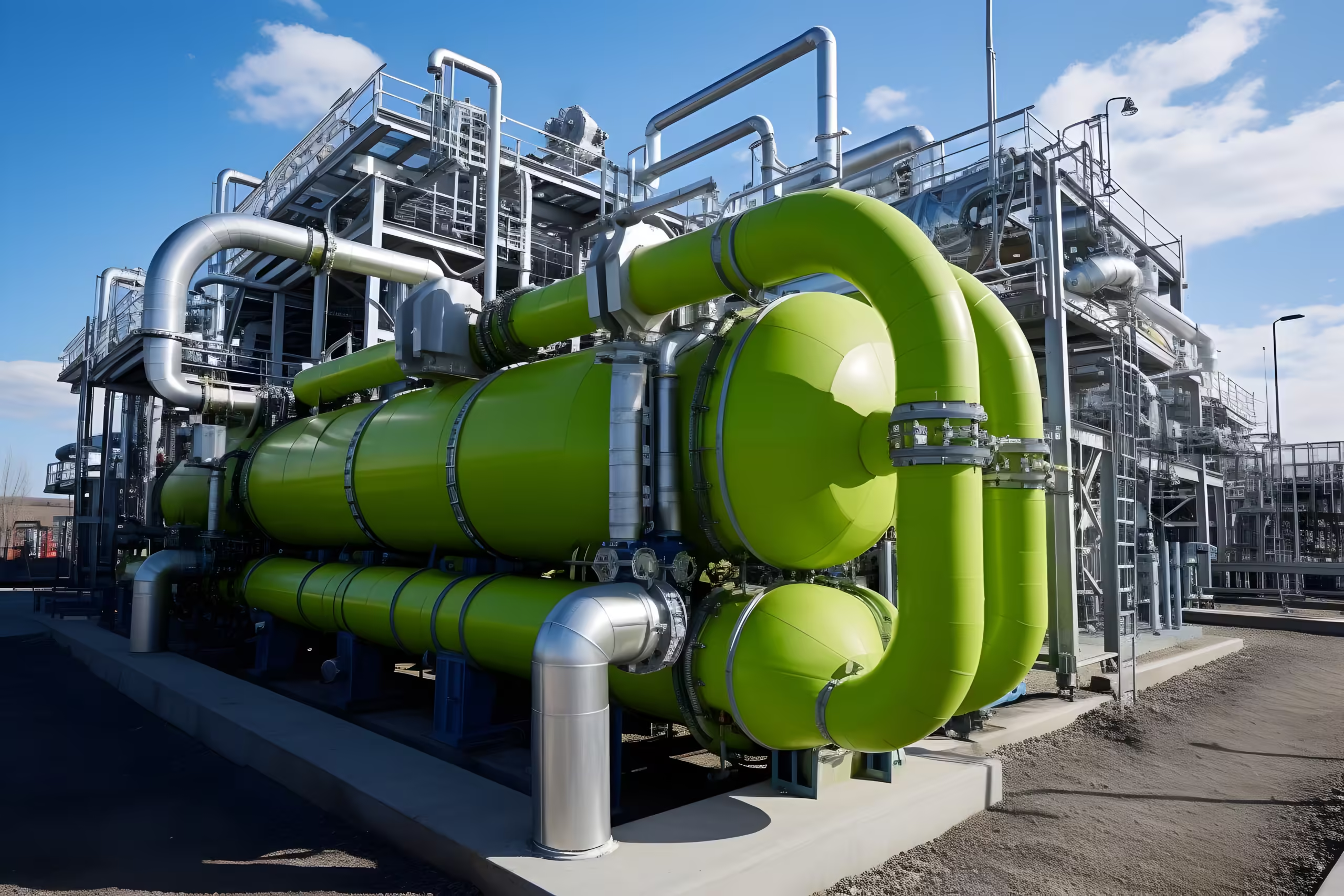Hydrogen energy is fast emerging as a vital player in the race to reduce carbon emissions. As the world faces the urgent need for clean energy sources, hydrogen presents a promising solution. It is the most abundant element in the universe and has the potential to fuel everything from cars to industrial processes. Unlike fossil fuels, hydrogen produces zero carbon emissions when used, making it an attractive choice for a greener future.
Governments and industries worldwide are investing in hydrogen research and development, hoping it will be a key component in a sustainable energy system. Let’s dive deeper into what hydrogen energy is and how it could shape a low-carbon future.
What is Hydrogen Energy?
Hydrogen energy is derived from hydrogen, a colorless and highly combustible gas. It can be used in various forms, primarily as a fuel and as a component in fuel cells. The process of producing hydrogen involves separating it from other elements, often water (H₂O), through electrolysis or from natural gas in a process known as steam methane reforming.
There are three primary types of hydrogen, classified based on their production methods: green, blue, and gray hydrogen. Green hydrogen is the cleanest, produced via electrolysis powered by renewable energy. Natural gas creates blue hydrogen with carbon capture technology, while gray hydrogen uses natural gas without capturing emissions.
The Environmental Benefits of Hydro Energy
Hydrogen energy offers significant environmental benefits, especially in reducing carbon emissions. When used as a fuel, hydrogen releases only water vapor as a byproduct, resulting in zero greenhouse gas emissions. This quality makes it ideal for decarbonizing industries that heavily rely on fossil fuels, such as transportation, manufacturing, and power generation.
Hydrogen also complements renewable energy sources like solar and wind.These renewables often generate excess power, which we can use to produce green hydrogen. The system can store and use the hydrogen when renewable sources are not available, acting as a stable backup.
Hydrogen Energy vs. Fossil Fuels
When compared to fossil fuels, hydrogen energy stands out as a cleaner, sustainable option. Fossil fuels release large amounts of carbon dioxide (CO₂) and other pollutants when burned, contributing to air pollution and global warming. When consumed, hydrogen is emissions-free, making it a suitable alternative for sectors looking to cut down on their environmental impact.

Producing hydrogen locally can reduce dependency on imported fossil fuels and enhance energy security. Furthermore, hydrogen fuel cells are highly efficient and can outperform traditional combustion engines in many applications.
Applications of H2 Energy
Hydrogen’s versatility means it has applications across a wide range of industries. In the transportation sector, hydrogen fuel cells are increasingly powering cars, buses, and even trains. These vehicles emit only water, providing a clean alternative to gasoline and diesel.
In industrial processes, hydrogen is used for refining metals, producing chemicals, and in high-temperature heating systems. The power sector also sees hydrogen as a fuel for electricity generation, either in fuel cells or combined-cycle power plants. Additionally, hydrogen’s ability to store energy makes it ideal for balancing intermittent renewable sources like wind and solar.
Hydrogen Energy in Power Generation
One of hydrogen’s most promising applications is in power generation. Hydrogen fuel cells can convert hydrogen into electricity efficiently, with only water vapor as a byproduct. This makes hydrogen an excellent option for clean, on-demand electricity in both small-scale and large-scale applications.
Hydrogen can also be blended with natural gas in existing power plants, reducing the carbon intensity of traditional fuel sources. In the future, fully hydrogen-powered power plants could become a reality, providing a stable, emissions-free electricity source. By integrating hydrogen into the power grid, we can further support the transition to renewable energy and significantly lower carbon emissions.
Hydrogen Energy Stocks
With the increasing interest in hydrogen energy, the financial market has seen a surge in hydrogen energy stocks. Companies specializing in hydrogen production, fuel cell technology, and related infrastructure have gained attention from investors. Leading players include companies involved in green hydrogen production, like Plug Power, Ballard Power Systems, and Bloom Energy. These companies are working to advance hydrogen technology and make it accessible across different sectors.
Investing in hydrogen energy stocks is becoming popular among those who believe in sustainable and clean energy solutions. While these stocks can be volatile due to the developing nature of the industry, they represent an opportunity for growth as hydrogen plays a larger role in the global energy mix.
Hydrogen Energy Levels
Hydrogen energy levels refer to the various states of energy that hydrogen can exist in, depending on its production and intended use. These levels are often categorized based on color coding (green, blue, gray), which also reflects their environmental impact. Each “level” or type of hydrogen comes with a different carbon footprint.
For example, green hydrogen has the lowest energy level from a carbon footprint perspective, as it is produced entirely through renewable energy. Gray hydrogen holds a higher level due to CO₂ emissions during production. The distinctions in energy levels help policymakers and industries understand hydrogen’s role in emission reduction, allowing for more targeted climate policies and initiatives.
The Path Forward for Hydrogen Energy in a Low-Carbon World
Hydrogen energy holds great promise for reducing carbon emissions and advancing a sustainable energy future. Its potential to decarbonize multiple sectors—from transportation to power generation—makes it a critical element in global efforts to combat climate change. However, challenges remain, especially in scaling green hydrogen production and building the necessary infrastructure.
As governments and industries invest in hydrogen technology, we can expect innovations that make hydrogen more accessible and affordable. Hydrogen could soon play a central role in the world’s energy system, helping us achieve net-zero emissions and create a cleaner, healthier planet for future generations.

